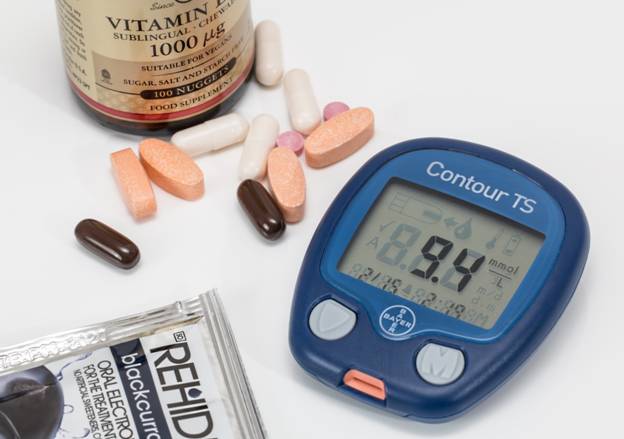You have to be mindful of your well-being when you’re living with type II diabetes. You must pay attention to how you’re managing your condition. You must make changes when needed.
Unmanaged diabetes places an extra burden on your system. It raises your risk for issues such as retinal damage, heart disease, and nerve damage. You can’t control diabetes itself, but the way you manage it can have a significant impact on your wellness.
It’s best to avoid some of the most common diabetes management mistakes. Read on to learn more!
1. Neglecting Blood Sugar Monitoring
It’s important to establish a routine. Monitor your blood sugar as recommended by your healthcare professional.
Keep a record of your readings. It will help you identify patterns. Then you can make necessary adjustments to your treatment plan.
Embrace technology by using continuous glucose monitoring systems or glucose meters. One with data management features for easier tracking would be best.
2. Poor Meal Planning and Skipping Meals
Irregular eating patterns can lead to unpredictable blood sugar levels. It’s crucial to develop a balanced meal plan.
Make a diabetes management strategy that incorporates the following:
- Healthy carbohydrates
- Lean proteins
- Good fats
Avoid skipping meals as it can cause spikes or drops in blood sugar levels. Instead, aim for regular meals. Snacks must be spaced throughout the day to maintain stable glucose levels.
Consult a registered dietitian to learn more about food for diabetics. They can also help create a personalized meal plan tailored to your specific needs.
3. Inadequate Medication Management
Mismanaging medication for diabetes is a common mistake. It can lead to fluctuations in blood sugar levels. To avoid this, establish a medication routine through your diabetes treatment plan. One that works for you would be best.
You can use reminder tools such as phone alarms or pill organizers. Find suitable alternatives or solutions.
Do your research for Libre 3 cost, for example. It can help you understand more about what you need for diabetes management.
4. Lack of Physical Activity
Regular exercise helps regulate blood sugar levels. It improves insulin sensitivity and promotes overall well-being.
Lack of physical activity can lead to weight gain and insulin resistance. Incorporate a mix of aerobic exercises, strength training, and flexibility exercises into your routine.
Start slowly and gradually increase the duration and intensity of your workouts. Always consult your healthcare provider before starting an exercise program.
Ensure it aligns with your overall diabetes management plan. Ask for recommended exercises for diabetics.
5. Neglecting Emotional Well-being
Stress, anxiety, and depression can affect blood sugar control and overall health. Focus on self-care. Seek support from loved ones, support groups, or mental health professionals when needed.
Develop coping mechanisms such as the following:
- Relaxation techniques
- Mindfulness
- Hobbies you enjoy
Balancing your emotional well-being can positively impact your diabetes management and overall quality of life.
Avoid These Common Diabetes Management Mistakes
Avoiding common diabetes management mistakes is crucial for those living with diabetes. Follow this guide to enhance your diabetes management efforts. It will also improve your overall health.
Remember, effective diabetes management requires a multidimensional approach. Small changes in your daily routine can make a significant difference. Consult with your healthcare team for personalized guidance and support.








